[News: Now Recruiting]
- We are currently seeking for a postdoctoral researcher. If you are interested, please contact us (2025/12/05).
If you have any inquiries or concerns regarding recruitment information and format etc., please contact Prof. Kotsuki or Prof. Okazaki.
(1) Would you like to join us?
Please feel free to contact us if you are interested in what we do and would like to research with us.
(2) Basic preferences for the candidate
- Honesty and Sincerity: The basic requirements to work together.
- A Win-Win Relationship: Always finding a mutually beneficial solution for both of us.
- Having Concrete Purpose(s): Joining our laboratory is just a means, not an end. I will ask you the reason why you would like to join us, and what you would like to accomplish in our laboratory.
(3) Opportunity: Studying as a student/researcher
- Undergraduate Students: You can participate in our laboratory seminar.
- Graduation Research: We accept two students from the Information Engineering Course, Faculty of Engineering, Chiba University.
- Master's/Doctoral Research: You must belong to the Environmental Remote Sensing Research Center (CEReS) of Chiba University. You are required to pass the entrance examination of CEReS in August.
- Existing students of Chiba University: You can take the exam from any faculty (e.g. the Faculty of Engineering, Faculty of Science).
- Master's/Doctoral students from other universities: We of course welcome you; please contact us asap. We will ask about your: (1) career plan, (2) general knowledge, (3) programming skills, and (4) your proposal for master-course research.
- Postdoc/Research Assistant: JSPS Ph.D. are always welcomed. We may be able to hire postdoctoral fellow(s) or assistant professor(s), depending on our budget and projects. If you are interested, please contact us.
(4) Opportunity: Working as a part-time researcher
- Part-time jobs for data processing and research assistance may be available. If the content of your work has something to do with your own research, it would be the most ideal. The doctoral students can also consult on how to write a dissertation.
(5) Research theme (keyword)
- Of course, we are focusing on ongoing research projects; but we can set a wide range of research themes.
- Earth Science: weather forecast, meteorology, hydrology, water resources, satellites data analysis, climate change/global warming, disaster prevention, and radioactive dynamics.
- Mathematical Science: data assimilation, mathematical models (city formation, infectious diseases), and dynamical modeling (weather, hydrology, etc.).
- Data Science: machine learning, deep learning, reinforced learning, and artificial intelligence (AI).
- Humanities: archeology, history, philosophy, philosophy of science, and well-being.
(6) Strengths of our laboratory, and requirements
- The professor is young, energetic, and positive (self-rated).
- Thankfully, we have connections with talented/active researchers. We will provide attractive theme(s) according to your interests. Also, you can participate in discussions/meetings with our collaborators.
- We value more on your motivation, positive attitude, integrity, and mutual respect over your ability or smartness. Please read our mission statement.
- We would like to provide as many opportunities as possible to motivate students and researchers.
For Those Interested in Pursuing a MS and PhD in Our Laboratory
[Research Policy]
See our Research Policies and confirm you can follow.
[Admission]
Our laboratory belongs to Remote Sensing Course, Graduate School of Science and Engineering, Chiba University. Please check Graduate Admissions of our university (https://www.se.chiba-u.jp/en/index.html).
[Requirements]
To obtain a Ph.D. at Chiba University, it is a requirement to have published peer-reviewed papers. Additionally, as a policy of our lab, we do not submit to low-quality journals. Low-quality journals include MDPI and predatory journals. Please refer to the journals where our lab's papers have been published.
[Scholarship]
It is important to note that, unlike in the United States or Europe, Japanese universities do not have a system to employ PhD students with external research funds of professors. Therefore, it is necessary to secure competitive scholarships such as those provided by the Ministry of Education, Culture, Sports, Science and Technology (MEXT) to pursue a PhD program in Japan. Please be aware of this requirement.
Note that
The details of the Japanese governmental scholarship MEXT is available at:
https://www.chiba-u.ac.jp/international/isd/en/living/scholarship/scholarship.html
If you understand and agree with this requirement, I would be happy to discuss with you. Also, please share your CV and bachelor or master dissertation when contacting me.
[Contact]
We receive many inquiries from international students wishing to join our lab. To ensure a meaningful screening process, we kindly ask applicants to submit the following documents and information at the time of initial contact. Incomplete applications may not receive a response.
(1) CV (with academic background, language skills, programming experience, etc.)
(2) Summary of research experience (what you have done so far in your studies or work)
(3) Purpose of joining our lab (research interests and how they align with our lab’s activities)
(4) Career plan (what you aim to do after completing your degree or research period; e.g. employment in industry or government, Ph.D. program, postdoc)
(5) Contact information (Contact information of your former co-workers. Pls. list 1 or 2 people other than Chiba University)
(6) Funding plan (e.g. self-funded, scholarship from your home country, MEXT, etc)
(7) Academic transcripts (including GPA or academic performance, if possible)
(8, optional) If you are planning to apply for the MEXT scholarship, please specify whether you intend to apply through the "Embassy Recommendation" or "University Recommendation".
(9, optional) Your publications: The university-recommended MEXT scholarship is extremely competitive, and without publications in Web of Science (WOS)-indexed journals, the chances of being accepted are close to zero. If you wish to apply for the university-recommended MEXT scholarship, please also provide information about list of your publications.
